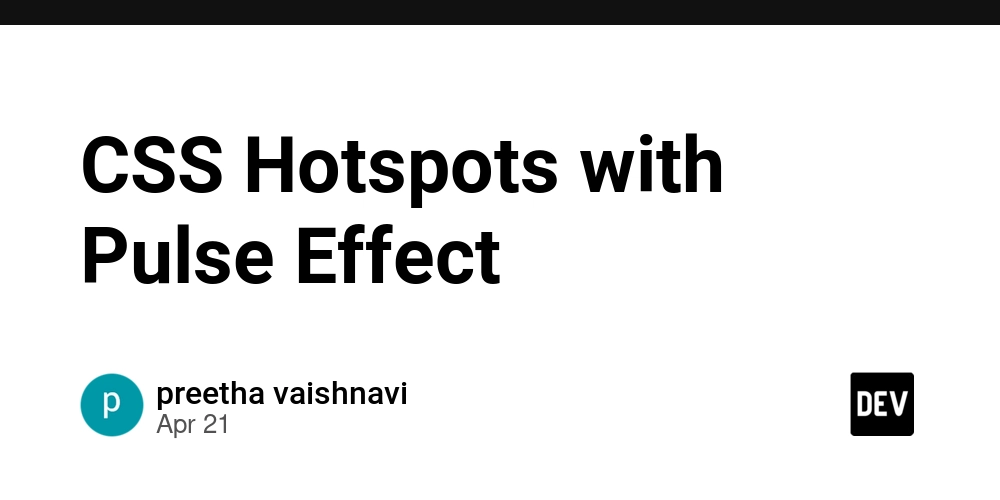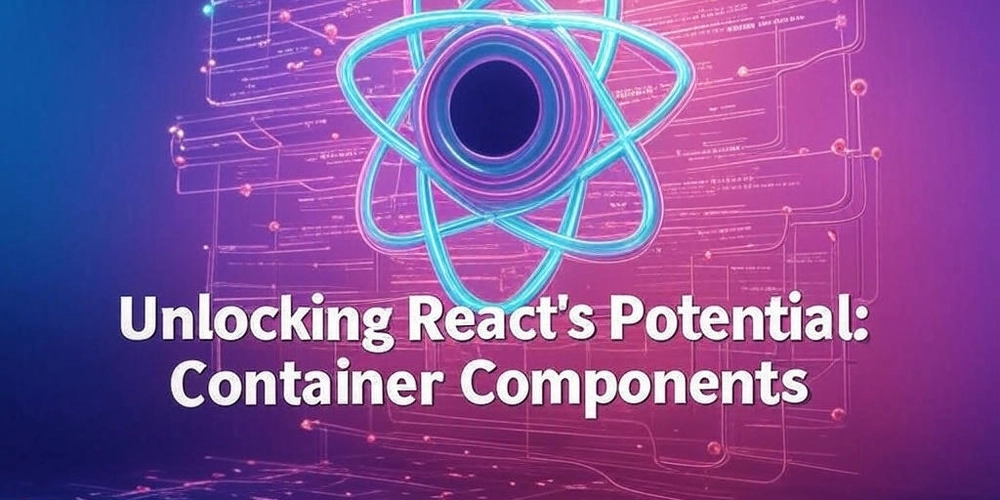Abundance vs. equity in MAGA’s high-stakes tariff game
What does victory look like in the tariff wars? If you ask Treasury Secretary Scott Bessent, it’s already happening. “More than 50 countries have approached … the administration about lowering their nontariff trade barriers, lowering their tariffs, stopping currency manipulation,” he said Sunday. National Economic Council Director Kevin Hassett sounded a similar note, suggesting that...

What does victory look like in the tariff wars?
If you ask Treasury Secretary Scott Bessent, it’s already happening. “More than 50 countries have approached … the administration about lowering their nontariff trade barriers, lowering their tariffs, stopping currency manipulation,” he said Sunday.
National Economic Council Director Kevin Hassett sounded a similar note, suggesting that the gain from short-term pain for Americans will be, essentially, Milton Friedman’s ideal world in which goods move about the globe unrestricted.
In this version, a shock to markets is followed by a cut in interest rates by the Federal Reserve to stave off a recession, speedy passage of another round of tax cuts in Congress and rapid-fire trade negotiations that end up with, essentially, frictionless commerce with all of America’s major trading partners — the kind of world Elon Musk described in his wish for a free-trade zone with Europe.
Instead of “never let a crisis go to waste,” it’s a self-inflicted crisis to achieve otherwise unattainable policy goals.
That would obviously be an extraordinarily risky political move. If anything went wrong on the timing of negotiations, tax cuts, or rates or some exogenous event occurred, team Trump would walk away with nothing to show for it but a lot of pain for everyone involved. It’s a lot easier to start a recession than it is to end one.
But, if they could pull it off, one could imagine a world in which we started the midterm year with the kind of booming economic growth that eluded President Trump in his first term, even prepandemic. Like doctors stopping a patient’s heart to cure atrial fibrillations, a brief, brutal trade war could have Americans paying less and owning more.
It’s maybe not the most likely outcome given the risks involved, but even partial success would be a bonanza. Plus, it’s a story to tell voters and to guide decisionmaking in Washington — a story for seasick Republicans to cling to like the railing on a heaving ship.
But that is not a story that ends up with huge increases in the domestic manufacturing of consumer goods and heavy industry in the United States. It’s the opposite.
If there were zero barriers to trade, even more cheap goods would pour into our country, while exports of U.S. technology and high-end manufacturing increased. Bessent, Hassett and Musk are talking about a globalist’s paradise, not one in which there is “an army of millions and millions of human beings screwing in little screws to make iPhones” in America.
That’s the story that Commerce Secretary Howard Lutnick is telling. He, along with Peter Navarro, the senior White House counselor for trade, are not talking about a short trade war that results in more trade, but the kind of protectionism that was favored by many until the 1980s. That’s the story not of a purposeful crisis to exploit, but a long struggle that results in a new America.
The free traders’ transitory price increases and market mayhem is a risky bet, but would meet the definition of short-term pain for long-term gain if it worked. The protectionists are talking about a generational project of long-term pain for transcendent gains in which American families and communities are healed by the return of high-paying, low-skill manufacturing jobs.
Given the advances in technology since we last had such an economy in the 1960s, it seems unlikely that the textile mills and blast furnaces that loom so large in the imaginations of the protectionists would ever require the number of workers to recreate such a world. But, it’s conceivable that America could unplug itself from global trade in a way that destroyed a lot of laptop jobs in favor of a lot of lunchpail jobs — especially if coupled with a crackdown on migrant labor.
If the price of basically everything went up, Americans would consume less and have fewer choices, but wages for the manufacturing and agricultural jobs would go way up. It is, in essence, a moral argument, not an economic one; one that seeks to level the playing field between workers at home rather than with other nations abroad.
Just like the current debate on the American left, MAGA World is fighting over abundance versus equity. The difference is that the progressives are arguing online and in lecture halls, while the MAGA version is happening in the real world, with real consequences.
Trump is the one who gets to, for now, decide whether he has instigated a useful crisis or a generational struggle. And, no surprise, he says it's both. The president explained this week that the purpose of the tariffs is to eradicate trade deficits with other nations and that what he means by “reciprocal tariffs” is really a relationship in which Americans buy and sell exactly, or almost exactly, the same amount from and to sellers and consumers in other nations.
Woof.
Trump’s advisers aren’t debating anything like that. Team abundance would create a world with massive trade imbalances with poor countries. Team equity isn’t even really talking about trade deficits but rather industrial policy aimed at juicing preferred domestic industries by reducing competition from abroad. Trump is off in his own bubble in which we get cheap goods and American-made socks and underpants. Trump’s tariffs are both revenue generating and a negotiating tool. Good for exports and imports.
He may end up siding with team abundance before too long if the economic pain gets to be too great. Trump can declare victory any time he wants and point to new agreements as evidence of success. Team equity, though, wouldn’t be able to declare victory for years, and only after prolonged economic disruption. And that won’t happen because voters would throw Republicans out on their ears in midterms and Trump would lose his tariff-setting power — if it doesn’t happen before then.
Washington does not play a zero-sum game, especially in fights within parties. Sometimes, everybody loses.








































































